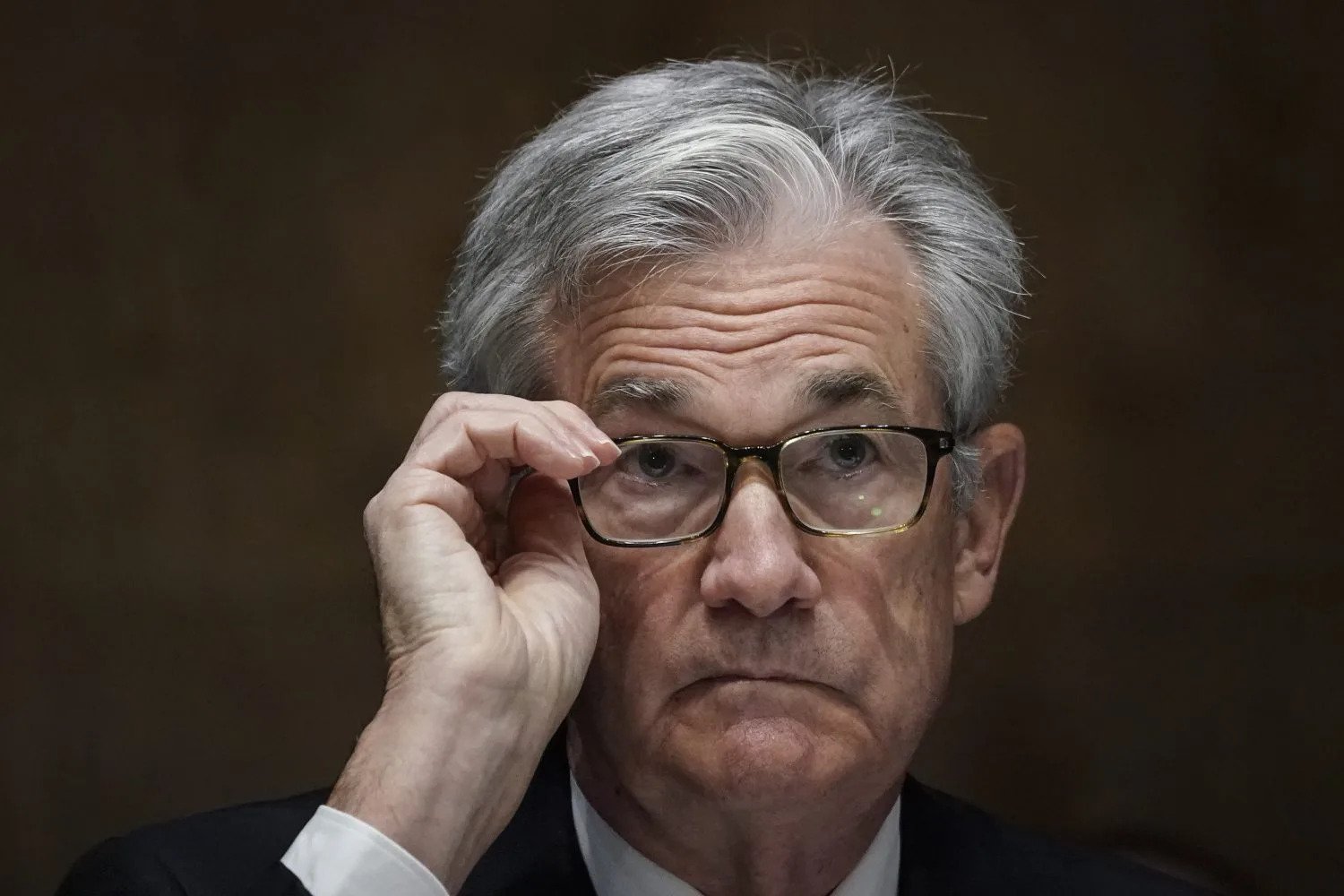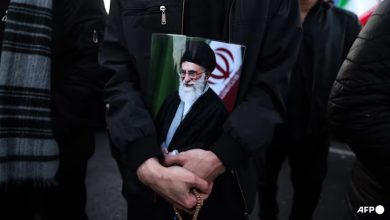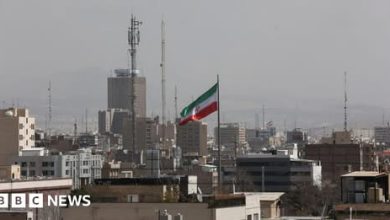
Foreign Policy - JUNE 14, 2022
One of the remarkable things about the global economic order since World War II has been the flexibility of governments in responding to serious crises. From stagflation and the collapse of the Bretton Woods currency regime in the 1970s to the Asian financial crisis of the 1990s to the global financial crisis in this century, the world’s major economies have proven surprisingly adept at finding ways to cooperate to address serious challenges.
This time around, that lucky streak may finally break. The current concatenation of problems—the Russia-Ukraine war, inflation, global food and energy shortages, unwinding asset bubbles in the United States, debt crises in developing countries, and the lingering impacts of COVID-19-related shutdowns and supply chain bottlenecks—may be the most serious crisis of them all, not least because central banks can’t print wheat and gasoline. Yet there are few signs of the collective responses that will be needed to meet these challenges. Global cooperation has never been more urgent—and seemed less likely.
Fraying cooperation is, ironically, mostly a consequence of past successes. The world’s past ability to manage crises, transcend disruptions, and restore the trajectory of global growth means that many more countries today have become rich enough to wield influence and demand their interests be considered. Others are pursuing territorial or ideological goals they consider more urgent than immediate economic priorities. As a result, consensus has become almost impossible to find. The upshot is that in this crisis, the world will be condemned to a series of competing and partial responses rather than again finding a way to come together to address the challenge.





